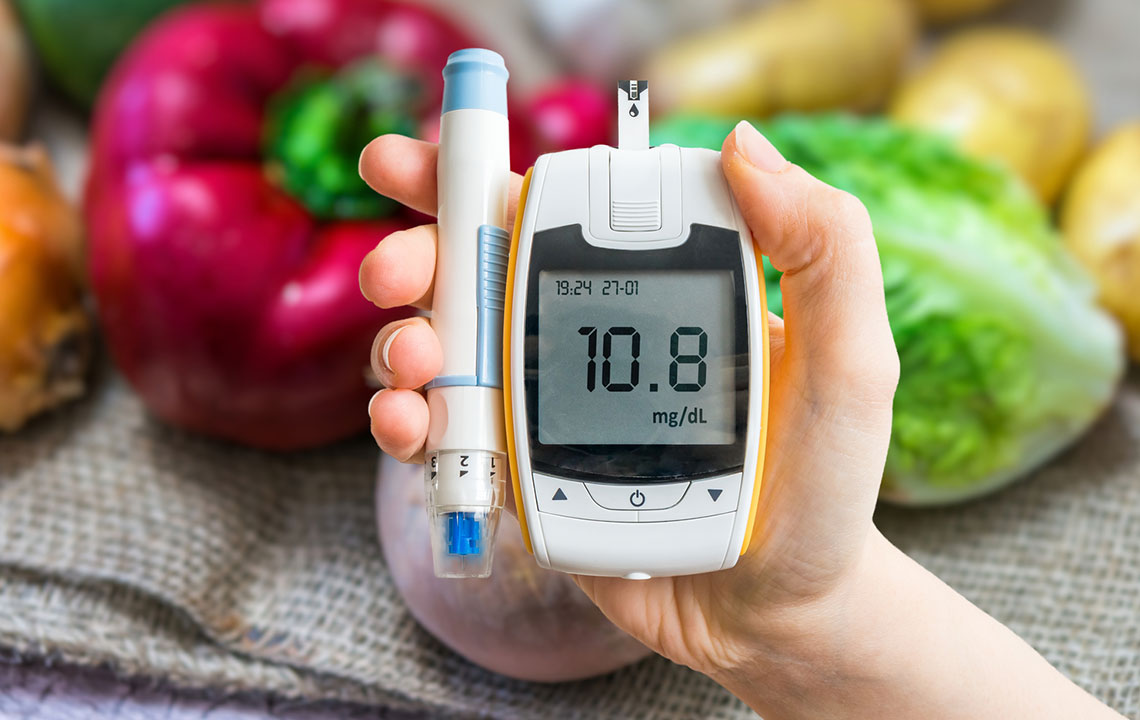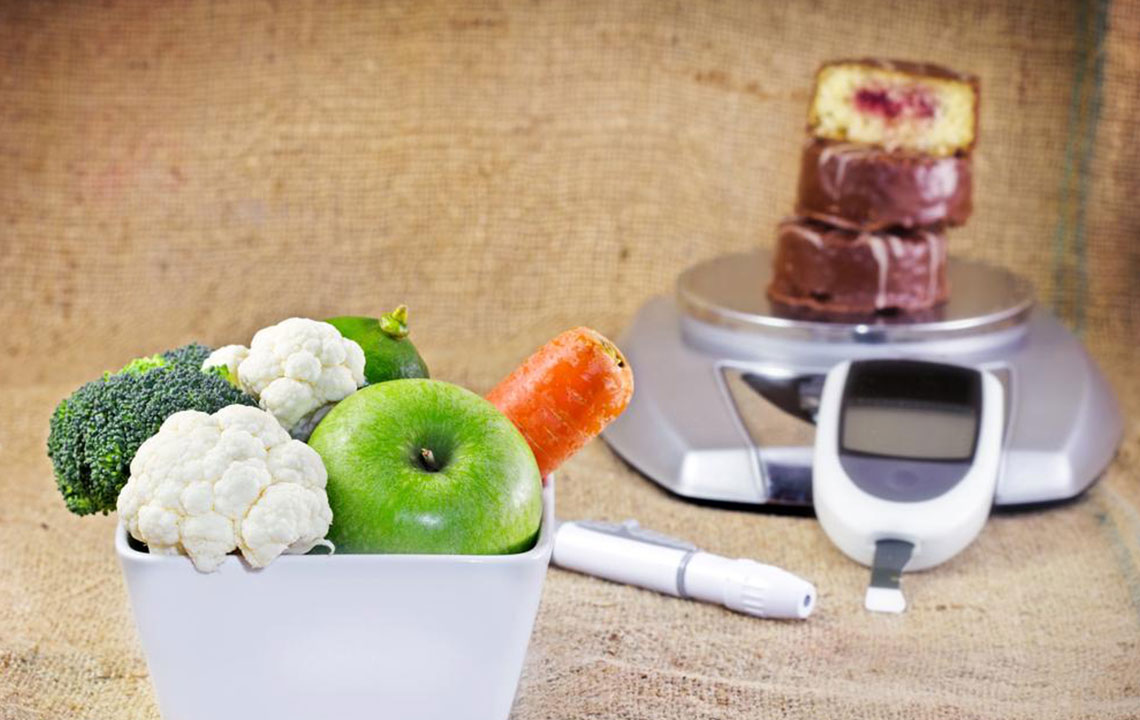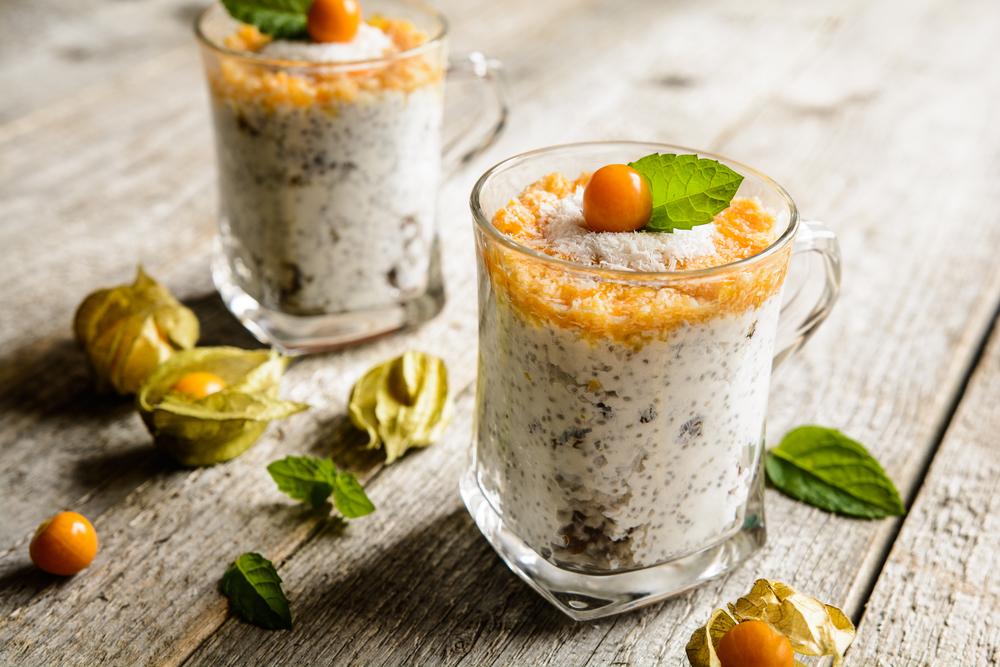Essential Dietary Guidelines for Managing Diabetes
This comprehensive guide outlines essential foods beneficial for diabetics and those to avoid. It emphasizes incorporating vegetables, whole grains, and lean proteins while limiting processed and high-sugar items. Proper dietary choices can help manage blood sugar levels effectively and improve overall health for individuals with diabetes.
Sponsored

Key Foods for Diabetics: What to Eat and What to Avoid
Managing diabetes heavily relies on diet. The foods you choose can impact blood sugar levels significantly. While a balanced diet is vital, some foods can be beneficial or detrimental for diabetics. Here's a guide to help you identify which foods to incorporate or avoid for optimal health.
Vegetables
Vegetables should be a cornerstone of a diabetic-friendly diet. They are rich in fiber and essential nutrients. Avoid adding excess fats or salt. Potatoes and corn are higher in carbs and should be eaten in moderation. Opt for fresh, raw vegetables, or steam, grill, or roast them. Choose greens like spinach, arugula, and kale. Canned vegetables should be unsalted and low in sodium. Iceberg lettuce provides minimal nutritional value and should be limited.
Consume about two and a half cups of vegetables daily.
Foods to Limit or Avoid
Canned vegetables with high sodium.
Cooking vegetables with cheese, sauces, or butter.
High-sodium pickles and sauerkraut.
Starchy Foods
Not all carbs are off-limits; some are healthy options. Incorporate baked sweet potatoes, whole grains like oatmeal, millet, amaranth, quinoa, and brown rice. Prepare meals with minimal or no added sugar or salt.
Avoid processed grains such as white flour and white rice.
Refrain from using cereals with added sugars.
Stay away from fried foods like french fries, white bread, and tortillas made from white flour.
Fruits
Fruits can be part of a diabetic diet if chosen wisely. They provide vitamins, minerals, fiber, and moderate carbs. Opt for fresh, frozen, or canned fruits without added sugars. Use low-sugar jams or preserves and choose sugar-free applesauce.
Limit canned fruits with sugary syrups.
Avoid chewy fruit candies and sugary drinks like fruit punches and juices.
Proteins
Protein sources include fish, poultry, lean meats, seafood, eggs, nuts, beans, tofu, and low-fat dairy. Prioritize plant-based proteins and lean animal sources. Remove skin from poultry and choose low-fat options.
Avoid high-fat meats, fried or processed meats, and full-fat dairy, including whole milk, full-fat yogurt, cheese, and ice cream.






